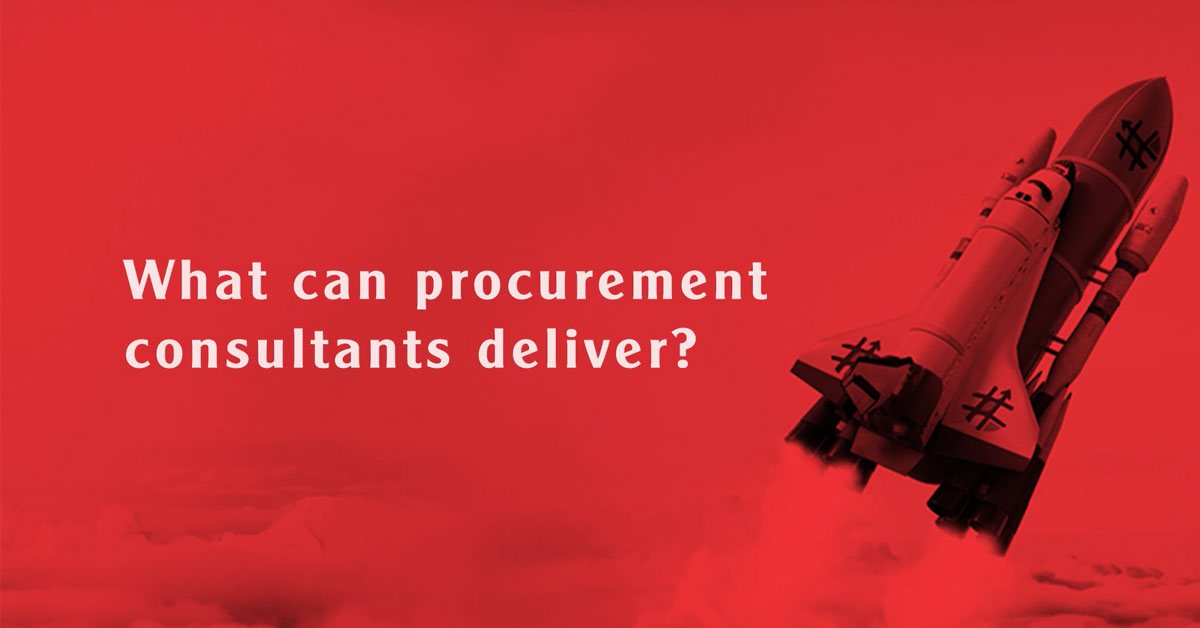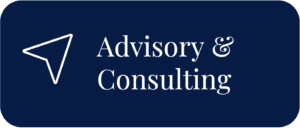What can procurement consultants deliver?
Procurement consultancy is interesting that it blends very specialized expertise along with focus. And you know, what we’ve done for them is that we’ve done some project management work around the overall business improvement program throughout their organisation. And, you know, certainly the CEOs came to me last week and said, it’s interesting that you’re building rigour within our organisation by just being here, that you’re showing people how to run programs like this, how to drive better value over time.
So, for some of the internal stakeholders, they’ve identified opportunities within their departments and their teams are notionally driving the cost out. But in reality, we are running the projects for them and helping them drive the cost out. We know that if we don’t do this, those projects will stagnate and die because they’re all busy people. They’ve got new pubs coming on every week. You know, they’re running a very complex organisation.
What is the best way to reduce costs?
The procurement process drives proper value. What we tend to see within many sectors, there is a tendency to do old school procure procurement. You go and see the supplier, you haggle with them, you beat the price down. And that’s great, and it does work to a degree, but actually it’s not the best way to take cost out and it’s not taking cost out in a sustainable way.
So, for this client, we’re delivering procurement consultancy but we’re also delivering data analytics. So we’re taking the data analytics that we operate and we’re using them in that consultancy environment. And that in itself is very interesting.
How to evaluate alternative suppliers?
There are products that come from one distributor versus another distributor. On the surface they look like they’re the same, but the question is, are they the same and how do you put the value on them? So when we are doing the evaluation and we’re looking at thousands of lines, you have to be very rigorous and data-driven in terms of what you are delivering for them.
So, for this client, we’re delivering procurement consultancy but we’re also delivering data analytics. So we’re taking the data analytics that we operate and we’re using them in that consultancy environment. And that in itself is very interesting.
And I think from the client’s perspective, they’ve seen the work that we’ve done and they’ve seen the level of detail that we’re able to go down to and said, actually that’s something that we can’t do. We just physically don’t have the ability. And, you know, to be fair to them, that’s not their core job.
How do you drive improvement in procurement?
We are driving them to be better and actually to deliver. So even areas that we don’t have direct input into, what we’re doing is we’re giving them help and advice and saying, “well, if you are doing this, have you thought about X, Y, and Z?”. You know, we come from a background of working across multiple sectors, multiple industries, multiple clients, and most of the challenges that they have, we’ve seen and we can certainly input on and say, “well, have you thought about doing this?”.
And I think that for them has been very useful, because it’s forcing them to be viewed by an external party and challenging what is conventional wisdom within their organisation. We do see this a lot, that all organisations have a tendency to run on a path that they know and they like, and it probably works for them, but is it the best solution?
And does it work as well as it might do? Possibly not. Sometimes yes, sometimes no. But if you don’t have that challenge, you are never going to become better. So we are very much in that role of pushing their board members and their GMs and actually saying, “do you think that’s the right thing to do? Do you think that’s the best result we can get? How do we help you make it better?”.
Is there something else that we can do collectively as a team or as the Comprara team, you know, to actually drive the agenda and make things better?
How do you measure success?
There are a number of metrics here. So one is obviously cold, hard cash. And that’s always an important one. You know, in most cases for most clients where you’re doing cost out work, you are looking for a three, four, five times return on investment, on revenue, on your fee. In this case, I think we exceeded that by multiple times. So the client is very happy in that.
Consequently, they’ve come back multiple times and we’ve extended the engagement. The scope is getting wider as days go by because we’re finding more pockets of work that we can do that are going to deliver value.








